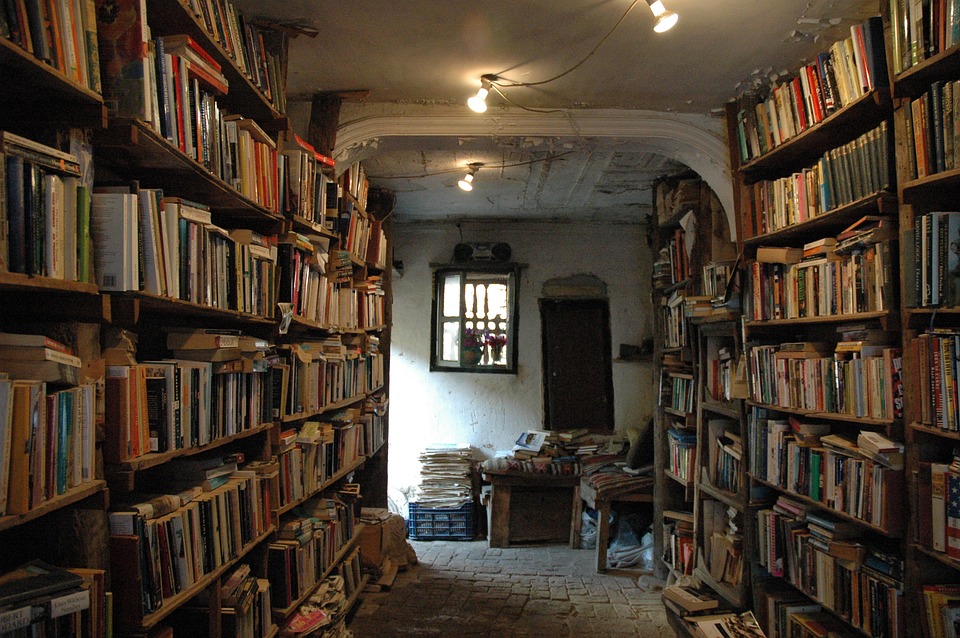Syria’s Fading Political Opposition

When a senior Syrian opposition figure held a private meeting with a group of Middle East experts and policy makers in Washington, D.C. earlier this month, he felt the need to devote half of the session to a narrative of the past five years of the Syrian conflict, stressing a few key points: Before the country slid into conflict, there were peaceful protestors calling for freedom and democracy. Syrians of all sects oppose the regime. Not all rebels are Islamists or jihadi-salafists.
That he felt compelled to justify these points to a U.S. audience is a sad indictment of the state of the Syrian political opposition today. As the balance of power on Syria’s battlefields has shifted in favour of Bashar al-Asad’s regime, the political opposition has struggled to maintain relevance. Russia’s military intervention in support of Asad in 2015 was the main turning point, but the diverging aims and approaches of the opposition’s backers have also played an important part in weakening the opposition’s hand. As armed rebels lost ground in Syria, Asad began to feel more confident that a military victory was possible. That belief negated any need for the regime to take part in serious political negotiations, rendering the political opposition irrelevant.
The political opposition, however, has remained involved in two main tracks of negotiations: Geneva and Astana. The UN-led Geneva track dates back to the summer of 2012 when the Geneva Communique called for a Syrian-led political transition. However, the talks are indirect and the opposition has failed to form a unified negotiating team. The Saudi-backed High Negotiations Committee (HNC) is the main opposition bloc, but two other groups, known as the Cairo and Moscow platforms, have also attended the Geneva negotiations on behalf of factions of the opposition. Even if these disparate groups were to be united as a single negotiating bloc, they would be unlikely to achieve anything substantive at Geneva based on the regime’s history of refusing to negotiate Asad’s future.
Meanwhile, the Astana track, sponsored by Turkey, Russia, and Iran is not focusing on Asad’s future. Although members of the Syrian political opposition attended, the talks were intended to focus on ceasefires. Political opposition figures complain privately about being forced to attend by Turkey – they argue that the structure of the talks was designed in a way to reinforce the regime’s victory.
When reports recently circulated that Saudi Arabia had informed HNC representatives that the kingdom was no longer calling for Asad to step down immediately, they were swiftly denied. However, the rumours reflect a growing consensus among backers of the opposition that Asad will most likely stay in power – at least at first.
In May, the White House confirmed that President Trump has abandoned the goal of pressing Asad to leave power, accepting the “political reality” on the ground. With the threat of ISIS removed from Turkey’s border, Erdogan’s primary objective in Syria is now to prevent the Kurds from amassing too much power or influence. Although Turkey still hosts a number of political opposition groups, it is clear that they are no longer its main concern. Qatar, a key backer of various elements of the opposition, recently reduced funding for the Syrian National Coalition, meaning it had to ask employees to continue their work on a voluntary basis. Although not a fatal blow for the opposition group, the move reflects Qatar’s sense that that things had clearly changed.
To remain relevant when their backers seem to be accepting that Asad will continue to play a role in Syria’s future, the political opposition would do better to focus their efforts on influencing the areas that remain under rebel control. In eastern Syria, the campaign to liberate Raqqa and expel ISIS is gathering pace, and the area will need new structures of governance to ensure stability. With the Syrian Democratic Forces heavily dominated by Kurdish fighters, the political opposition could play a useful role in helping create pluralistic governing bodies and could also work with local and external actors as partners in countering violent extremism.
* / Will Todman is an associate fellow in the CSIS Middle East Program and a fellow at the Centre for Syrian Studies, University of St Andrews.
*
The views & information contained in these posts & articles are strictly those of their authors who are solely responsible for their accuracy, and should not be regarded as representing the Centre for Syrian Studies or the University of St Andrews.

